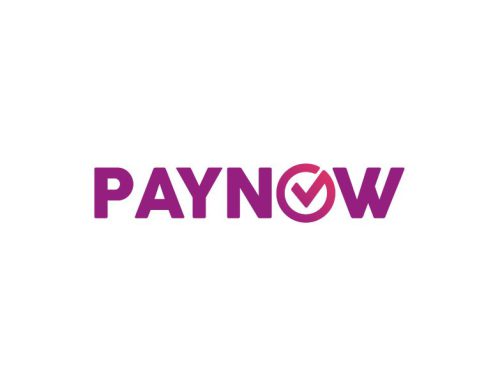A shareholder agreement is a document signed between shareholders of a company that supplements and complements the constitution of a company. A shareholder agreement may or may not be between all of the shareholders. It can be signed among some of the shareholders. It may also be signed between the shareholders and the company.
One of the main reasons why a shareholder agreement may be required is because the company constitution is not comprehensive in spelling out the rights and obligations of the shareholders. Most companies in Singapore use the model constitution as their company constitution and it may not be tailored to a particular arrangement which the shareholders might have.
A shareholder agreement will usually consist of the following terms:
1) Management decisions
Who will run the management of the company and who can decide on who to put in the company management.
2) Value of shares
How the shares are valued when they are sold. This is particularly important when a company is sold
3) Dividend policy
How often are dividends declared and paid out to shareholders and at what rate?
4) Loyalty and confidentiality clause
Shareholders are usually not allowed to invest in competing companies or in companies in the same industry. They are also not allowed to divulge company matters. This clause would usually also have provision for a period after the shareholder has sold his or her investment in the company.
5) Exit clause
How shareholders can relinquish their ownership of the company. Who they can and cannot sell the shares to. This may be in place to prevent a particular shareholder from acquiring too many shares of a company through the acquisition of exiting shareholders’ stake.
There are many benefits to having a shareholder agreement. Some of them include:
1) A shareholder agreement is private
Unlike the company constitution which is open for public inspection. A shareholder agreement is a private document between the parties within the agreement. If the shareholders would like to keep certain matters and arrangements private, they can include it in a shareholders agreement. This is important to some shareholders and will be touched on further in the next point.
2) A shareholder agreement can be used to protect investors
If a company is looking for external funding, a well-drafted shareholders agreement can attract good investors to invest in the company. In most cases, investors will need their rights to be protected before they will invest in a company. They may also want certain terms hidden away from the public and thus not included in the company constitution but in a shareholder agreement.
3) A shareholder agreement can be drafted and changed among the parties in the agreement
To alter the company constitution will require the votes of the shareholders and in most cases, a general meeting will need to be held. A shareholders agreement can be drafted and changed so long as the parties within the agreement consent to the change.
4) A shareholder agreement supplements the company constitution
The model constitution may not be sufficient for most companies and a shareholder agreement can supplement the company constitution. As a company grows, it will need to spell out the roles and responsibilities of the officers and the shareholders. A well-drafted shareholders agreement can serve the company well and help to minimise situations where matters cannot be passed due to shareholder disagreements.
5) A shareholder agreement helps to protect the company’s interest
Issues like confidentiality and non-competitiveness obligations are usually spelt out in the shareholder agreement. Shareholders are usually bound to keep certain company matters secret and are prevented from investing or taking up employment in competing companies in the same industry.
Do note that a shareholder agreement is only binding to the parties that are within the agreement. A company constitution binds all shareholders of the company on the basis that they hold the shares of the company. Incoming shareholders must sign the shareholder agreement to bind them to the terms in the shareholder agreement.
There will always be disputes between various shareholders. This is especially true for companies where there are many shareholders and when a company starts to expand. To minimise conflicts, the company constitution and shareholder agreement has to be well drafted.
When in doubt, seek legal advice or consult an experienced ACRA Filing Agent.
Yours Sincerely,
The editorial team at Singapore Secretary Services
For more useful articles and videos, visit the Singapore Secretary Services resource page.
If you would like to submit a question or would like us to do an article on certain topics, please email us at [email protected].







[…] Considerations for the necessity of a shareholder agreement: […]